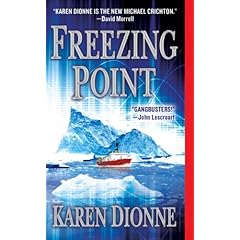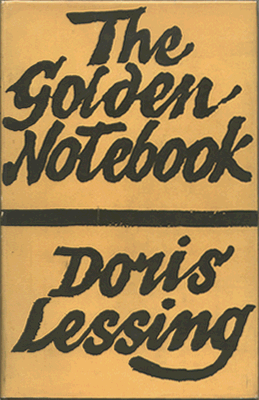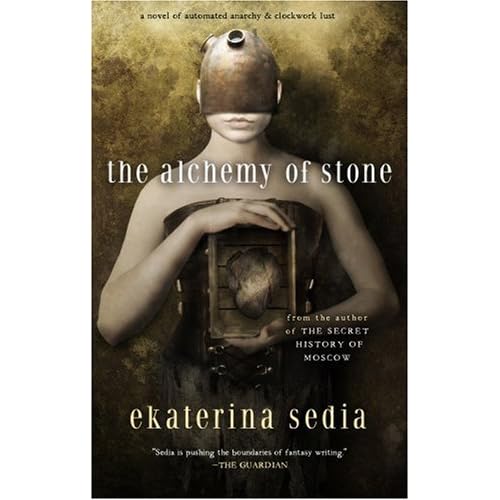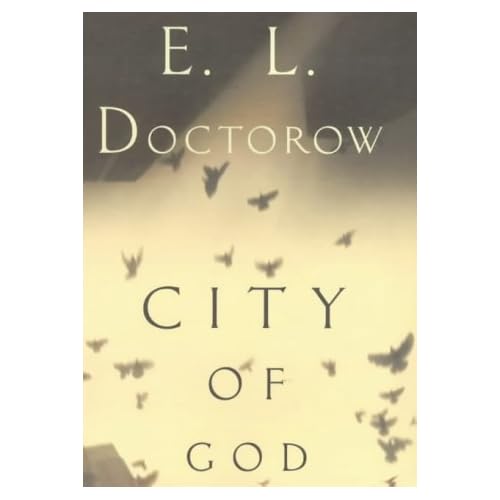I grabbed this book on a bit of an impulse. I suffer from Chronic Fatigue Syndrome, so a testimonial of somebody who has recovered completely from the condition is obviously going to be intriguing for me. That was the claim made, although a closer reading of the text made me realize that the author, Helen Germanos, had just barely recovered when she wrote the book and as I can tell her from bitter experience, relapses are all too common.
Silent Pain is short, only 81 pages, and some of that is just filler. Germanos gives a brief personal history, reviews the causes and symptoms of CFS (multiple, with a configuration that is different for each individual), and informs us, based on the reading of a single study, that the cause is damage to the vagus nerve, which connects the brain to virtually every system of the body. She then discusses treatment, with a very heavy emphasis on esoteric methods. I confess to a great deal of skepticism in this regard, but her point that among the multiple causes of CFS, emotional and spiritual problems could also play a significant role is well taken. I can't entirely dismiss her recommendations because she has made a remarkable recovery from a very severe case of CFS. I will mull the whole thing over. For what it's worth, I have also made a good partial recovery by discovering a couple of my root causes and dealing with them: a very severe iron deficiency and an undiagnosed intolerance to grains and legumes, especially wheat. I am still trying to pin down other causes, which explains my interest in this book.
Should you read it? Well, if you are relatively uninformed about CFS, it might be worth going over it so you can understand how diverse and multiple the causes can be and some of the channels worth exploring in seeking improvement. If talk of karma and chakras and subtle bodies turns you off, you had better not. That's where the bulk of the emphasis is. The book is not exhaustive, definitive, or authoritative, but as a summary of one person's experience, it is of some interest.
Disclaimer: I received a free temporary electronic copy of this book from NetGalley for review purposes.






















